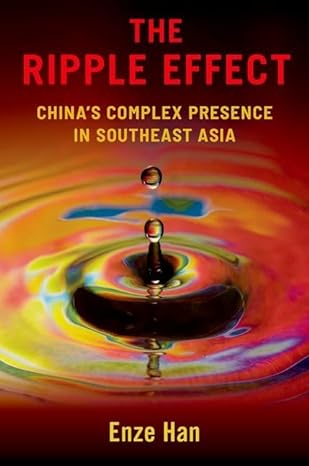|
I am Associate Professor at the Department of Politics and Public Administration at the University of Hong Kong (HKU). My research interests include ethnic politics in China, China's relations with Southeast Asia, and the politics of state formation in the borderland area between China, Myanmar and Thailand. I received a Ph.D in Political Science from the George Washington University in the United States in 2010. Afterwards, I undertook a postdoctoral research fellowship in the China and the World Program at Princeton University.
My research has been supported by the Leverhulme Research Fellowship, and British Council/Newton Fund. During 2015-2016, I was a member at the School of Social Science, The Institute for Advanced Study, Princeton. In 2017, I was awarded an East Asia Institute Fellowship in Seoul, South Korea. Prior to Hong Kong, I was Senior Lecturer at the Department of Politics and International Studies at SOAS, University of London, where I remain as a research associate. In 2021-2022, I was Lee Kong Chian Distinguished Fellow on Contemporary Southeast Asia at Stanford University and National University of Singapore. 
Updates - January 2024
My new book, The Ripple Effect: China's Complex Presence in Southeast Asia, is published by Oxford University Press in Spring 2024. Many studies of China's relations with and influence on Southeast Asia tend to focus on how Beijing has used its power asymmetry to achieve regional influence. Yet, scholars and pundits often fail to appreciate the complexity of the contemporary Chinese state and society, and just how fragmented, decentralized, and internationalized China is today. In The Ripple Effect, Enze Han argues that a focus on the Chinese state alone is not sufficient for a comprehensive understanding of China's influence in Southeast Asia. Instead, we must look beyond the Chinese state, to non-state actors from China, such as private businesses and Chinese migrants. These actors affect people's perception of China in a variety of ways, and they often have wide-ranging as well as long-lasting effects on bilateral relations. Looking beyond the Chinese state's intentional influence reveals many situations that result in unanticipated changes in Southeast Asia. Han proposes that to understand this increasingly globalized China, we need more conceptual flexibility regarding which Chinese actors are important to China's relations, and how they wield this influence, whether intentional or not. The book can be ordered here. |
